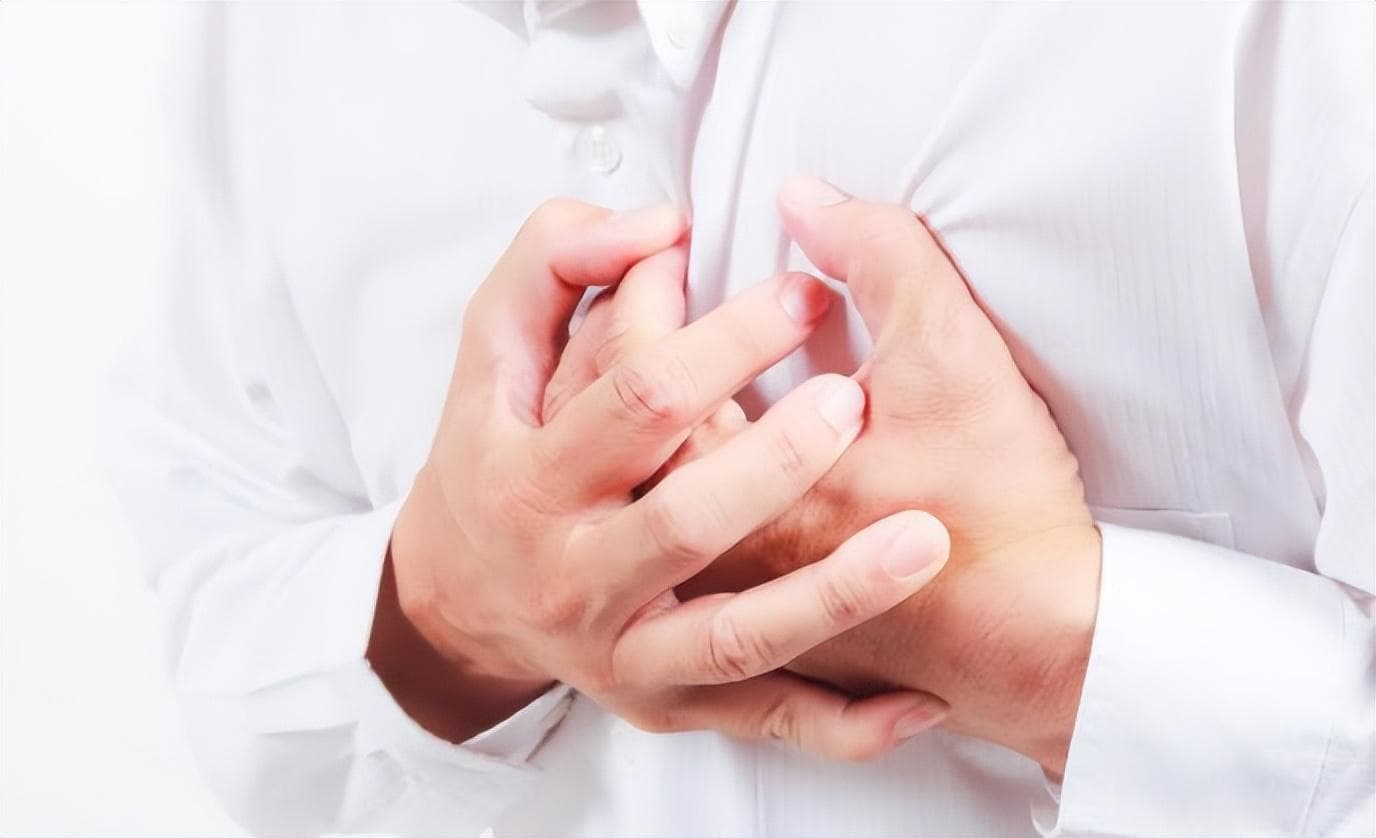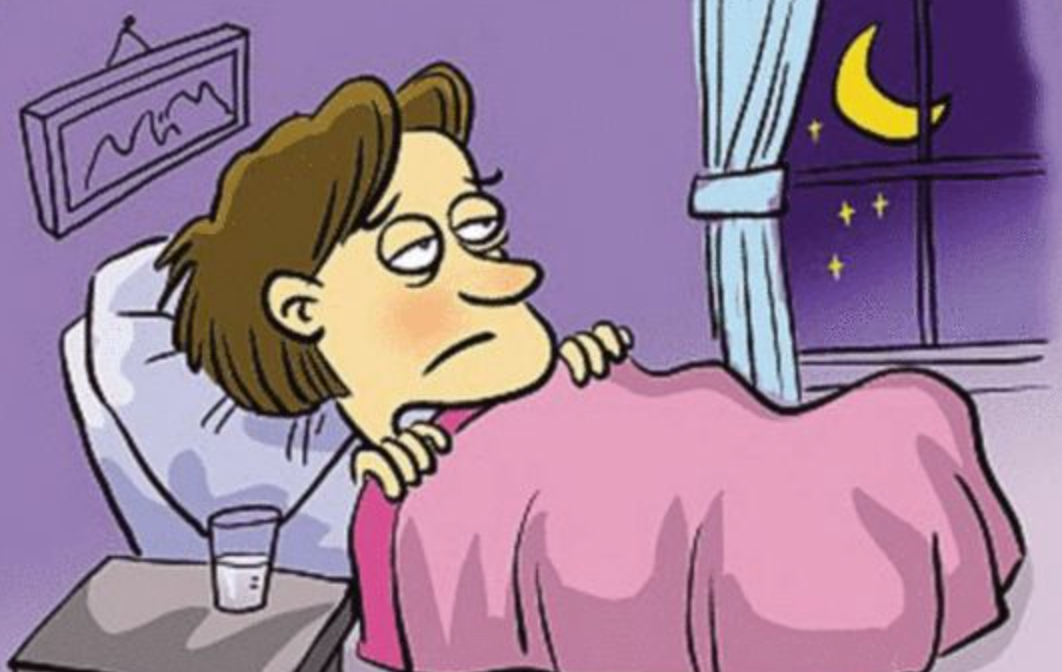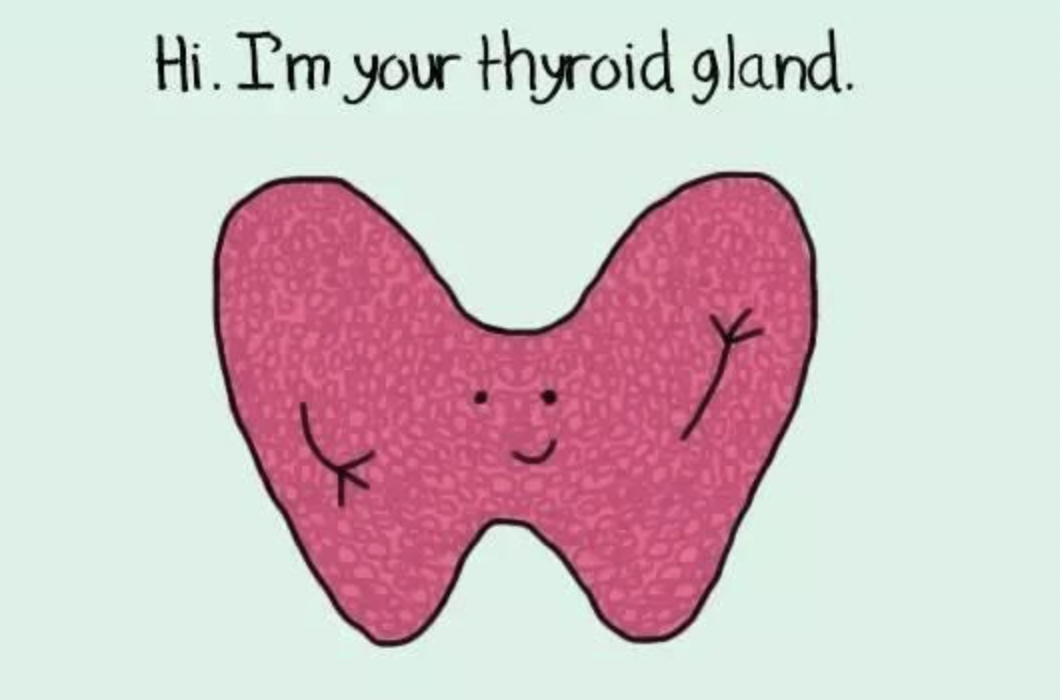If your heart suddenly feels like it's being stabbed, but there are no other symptoms, it's likely related to bad posture or habits in many cases. Generally, there's no need for treatment, so don't worry too much.
If you still experience random episodes of chest pain despite ruling out the above factors, there are two main possibilities to consider:
- Primary intercostal neuralgia. This type of pain typically manifests as stabbing or burning pain that radiates along the intercostal nerves. If your chest pain is distributed in a band-like pattern and there are signs of underlying spinal disease or tenderness, it could be intercostal neuralgia.
- Cardiac neuropathy. This condition, which is more common among middle-aged and young adults, especially women, is typically caused by autonomic nervous function and is characterized by symptoms like chest pain, tightness, shortness of breath, and palpitations.
It's important to note that there's one type of chest pain that should be taken seriously as a precursor to sudden death: aortic dissection. Aortic dissection and pulmonary embolism are both very serious medical emergencies that require immediate medical attention.
The high-risk groups typically include middle-aged and elderly people, men, smokers, and those with uncontrolled blood pressure. Sudden severe chest pain, especially a tearing or searing sensation, could be a warning sign of aortic dissection and requires prompt medical attention.
Why are more young people experiencing sudden death?
The risk of sudden death among young people is increasing, and this trend is closely related to multiple unhealthy habits:
Poor diet
Many people feel that their work stress is already high enough without adding the burden of cooking for themselves, so they tend to overeat. This puts a heavy burden on the digestive system and can lead to heart problems and an increased risk of myocardial ischemia. Additionally, eating fried foods excessively can lead to raised cholesterol levels, further increasing the risk of heart disease.
Sedentary lifestyle
Sitting for long periods can slow down blood flow, increasing the risk of blood clots and adding to the possibility of sudden death.
High levels of stress
Working long hours and constantly feeling under pressure can increase heart load, thereby raising the risk of heart disease and sudden death. The sustained activation of the sympathetic nervous system and elevated blood pressure put a heavy burden on the heart and blood vessels.
Intense exercise
High-intensity exercise may lead to sudden rises in blood pressure and myocardial ischemia, especially for those with preexisting cardiovascular disease, this type of exercise pattern can be very risky.
Apart from sudden death, some “geriatric diseases” such as hypertension, diabetes, and hyperlipidemia are becoming increasingly common among young people. These chronic diseases can increase the risk of sudden death and need to be taken seriously.
warning signs
Before a sudden death occurs, there are usually 4 warning signs
Although sudden death may seem to come out of nowhere, there are usually some warning signals before it occurs. Recognizing and acting on these signals promptly is crucial.
Chest pain
Chest pain may not always be severe or sudden, sometimes it may be mild discomfort or a sense of pressure that extends to the shoulders or back. Sometimes chest pain may be accompanied by cold sweats or shortness of breath. For high-risk groups such as those with a family history of cardiovascular disease, hypertension, or diabetes, immediate attention should be paid to these symptoms.
Palpitations
Palpitations usually refer to an abnormal fast, slow, or irregular heartbeat, which may also be accompanied by a sense of unease. Although palpitations may be harmless, if they persist or occur frequently, they may be a sign of more serious heart problems.
Sudden or increasing shortness of breath
Sudden or continuing shortness of breath often means that the heart muscle is not receiving enough blood supply. This symptom may also be accompanied by rapid breathing, cold sweats, or dizziness. If these symptoms occur, seek medical help immediately as they may indicate an impending serious heart event.
Persistent unexplained fatigue
If you feel continuous and unexplained fatigue, it may be a precursor to heart failure or other cardiovascular problems. This sense of fatigue usually does not improve with rest or sleep, and if you feel unusually fatigued during daily activities (such as climbing stairs), it may be a warning sign that requires further investigation.
If any or multiple of the above warning signals appear, seek professional medical attention immediately.




